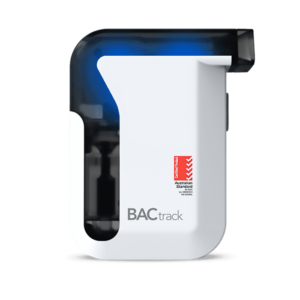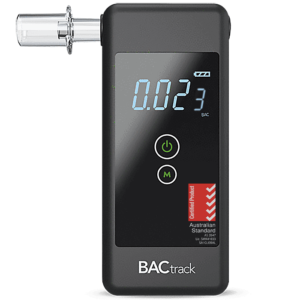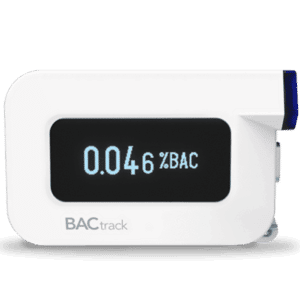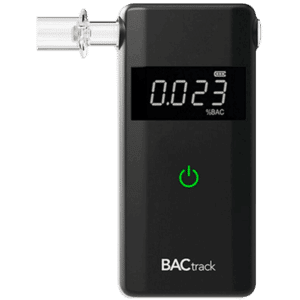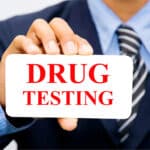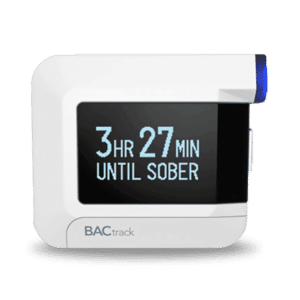Drug Testing Services: What It Is & the Types of Tests
10 April, 2024
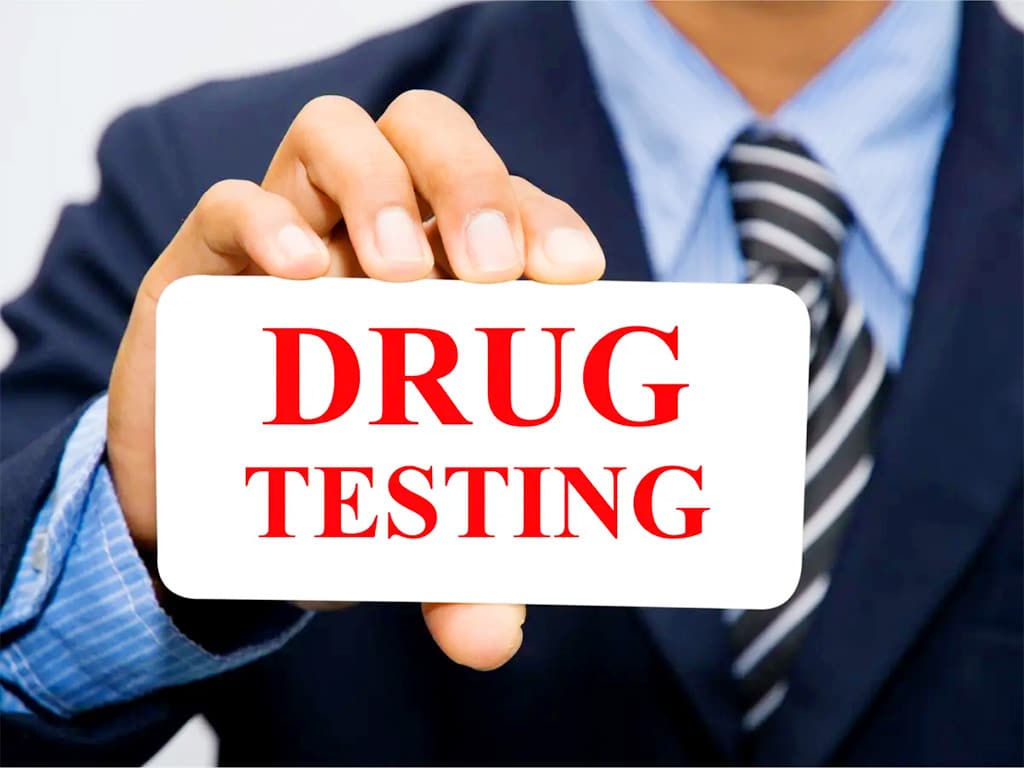
Drug testing services are assessments designed to detect the absence or presence of drugs within the body of a person. These services play a crucial role in various contexts. It includes Australian businesses, legal situations, sports, and healthcare. Accordingly, there is a wide range of drug testing types. It includes urine testing, saliva testing, blood testing, and hair drug testing. Additionally, some centres offer alcohol testing services. They typically use breathalysers or breath alcohol equipment.
With the concern of addictive substances, having a testing regime is a standard practice. It has become increasingly common in various settings, including workplaces, forensic practitioners, and even for personal reasons. Testing services are crucial, whether it be an employer looking to implement a company policy or an individual seeking the detection of drug use. This article will present substance testing services, including the types of tests and the testing process.
What are Drug Testing Services?
Drug testing services refer to a professional process where specialists test individuals for the presence of drug classes or drug metabolites. These services can detect the presence of illicit drugs, prescription or over-the-counter drugs, and even alcohol abuse. Accordingly, the testing program can be done through various biological samples. It includes saliva samples, hair samples, urine samples, blood samples, and breath alcohol samples.
Furthermore, numerous individuals or organisations use these services. Many businesses implement workplace drug testing programs. It can be part of their hiring process or maintain ongoing testing activities like random testing and blanket testing. This is particularly common in high-risk industries like construction, rail transport, healthcare and mining.
Also, to enforce drug laws, police and other law enforcement bodies utilise testing. It is to determine if individuals are under the influence of substances. Professional and amateur sports leads also conduct drug tests. Some educational institutions implement testing programs to deter drug use among students. Additionally, testing is often required in legal settings.
Importance of Drug Testing in Various Industries
- Safety enhancement: Testing helps prevent accidents caused by impaired judgment or delayed reactions to substance use.
- Healthcare quality assurance: Testing is critical to ensure that staff can perform their duties with utmost precision and care.
- Compliance with regulations: Adhering to testing helps organisations avoid legal repercussions, fines, and loss of licensure.
- Professionalism in sports: Testing in the sporting industry maintains fair play and integrity.
- Prevention and education: Industries adopting testing services often have policies to educate their workforce. These preventive measures can deter substance abuse.
- Public trust: A drug-free environment reinforces the trust and confidence of customers.
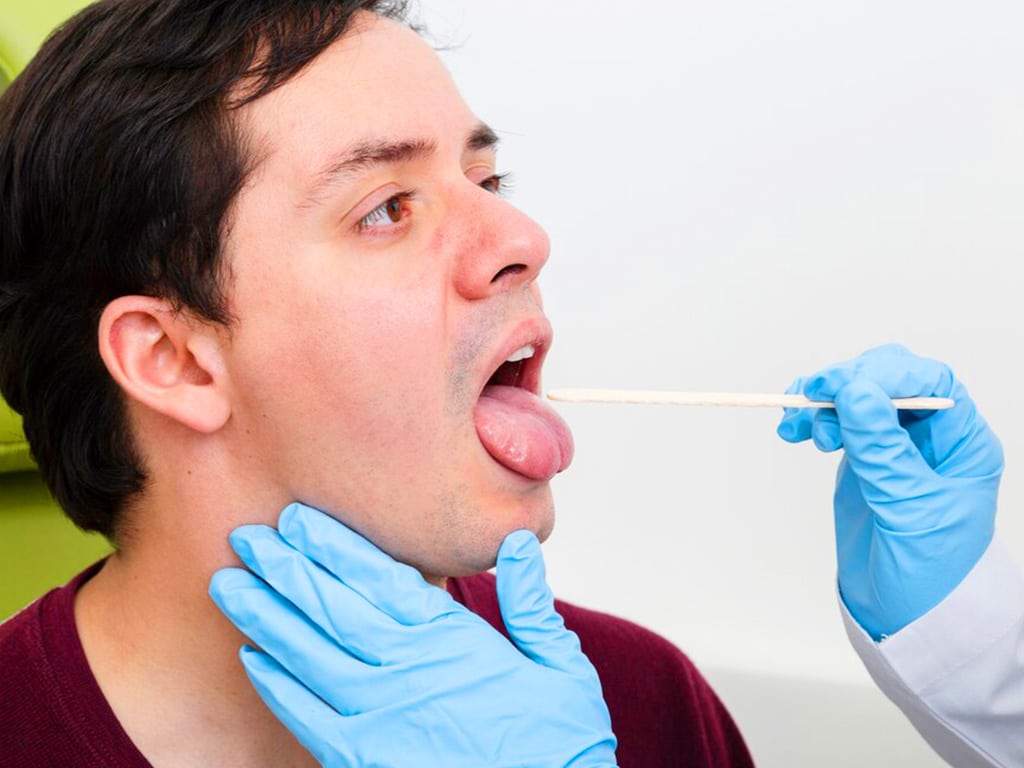
Types of Drug Testing Services
Drug testing services employ several detection methods. Urine drug test is the most common testing method. It is popular due to its non-invasiveness, cost-effectiveness, and ability to detect various substances. Another type of testing is the saliva or oral fluid testing. Saliva drug testing is easy and quick to administer. Also, it can detect recent drug use and reduce the risk of sample tampering.
Blood tests are considered the most accurate method for drug detection. They measure the actual amount of drugs in the bloodstream at the time of the test. However, it is less common due to its invasiveness. Additionally, hair testing analyses a hair sample for the presence of drug metabolites. These tests provide a longer detection window, as drugs can be detected for up to 90 days after use.
Moreover, testing services often include alcohol analysis. They typically utilise breath alcohol tests to measure alcohol levels. The most common form is the breathalyser test. It analyses a breath sample to estimate Blood Alcohol Concentration (BAC). It is a quick and non-invasive method. Overall, the choice often depends on specific requirements.
Detectable Substances
The testing methods can detect a wide range of substances. Foremost, the test can identify illegal drugs. These are substances that are forbidden by law due to their potential for abuse and harmful effects. Common unlawful substances may include methamphetamine, ecstasy, heroin, cocaine, and cannabis.
Accordingly, the test can monitor the presence of prescription medications. While these substances are legal, their misuse can lead to addiction and health issues. It may include morphine, codeine, fentanyl, oxycodone, amphetamine, and benzodiazepines. The detection is crucial for monitoring proper usage. Additionally, the test can detect ethanol. It is an intoxicating agent in alcoholic drinks.
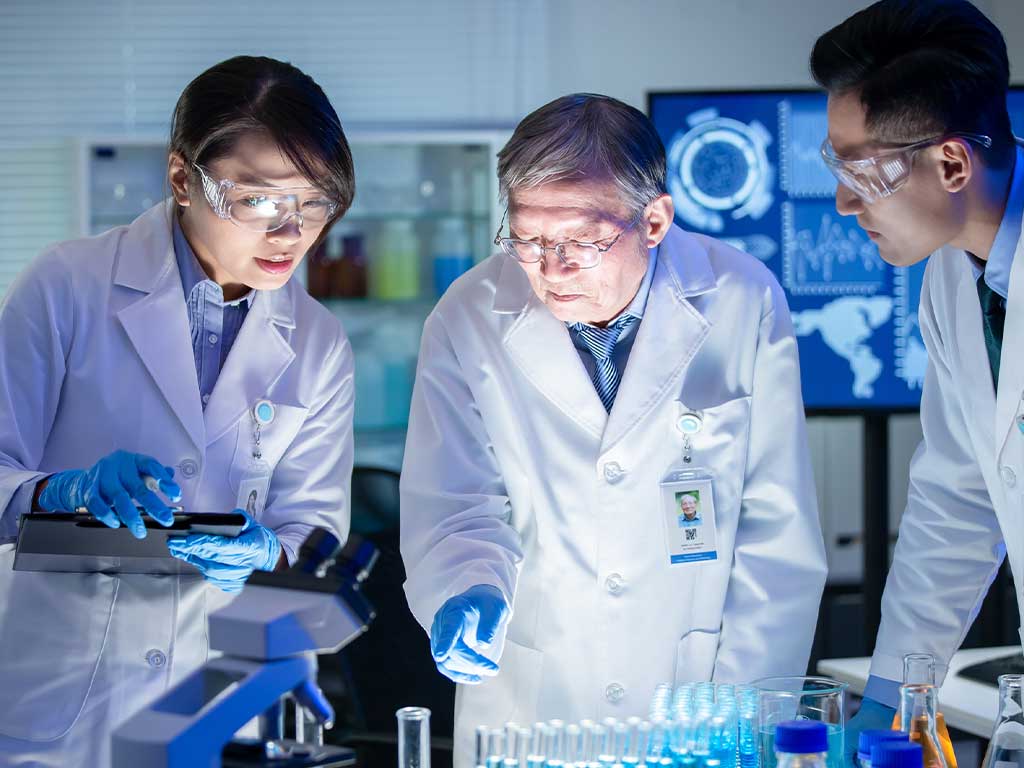
Drug Testing Services – Process of Testing
The process in drug testing services involves a series of carefully executed steps. Firstly, the procedure begins with specimen collection. Experienced collectors gather samples, such as urine, saliva, blood, or hair. During this stage, measures are in place to prevent tampering or contamination. Once there is a collection of samples, the conductor labels it to maintain the chain of custody.
Then, the specimens are securely transported for laboratory testing. Upon reaching the lab, professionals perform a screening test for the first analysis. They typically use techniques like immunoassay testing. If the screening test indicates the presence of drugs, they may conduct confirmatory testing. The test is more specific, often utilising sophisticated techniques like Gas Chromatography-Mass Spectrometry (GC-MS).
Afterwards, a Medical Review Officer (MRO) reviews the test results. The MRO interprets the findings, considering any medical explanations that could influence the test outcome. It is vital to ensure the results are accurate and fair. The final step is reporting the results to the employer, legal authority, or requesting individual. It details the substances detected, if any, and their quantities.
Do They Offer Treatment Resources?
Many of the testing service centres take an active step towards providing treatment resources or guiding individuals toward help. After detecting the presence of substances, testing companies may collaborate with healthcare providers, rehabilitation centres, or counselling services.
The approach underscores a commitment to not only identify substance use but also to address the underlying issues leading to it. For organisations, referring employees or members to treatment resources can be part of a comprehensive wellness program. Additionally, in the professional setting, these services may include referrals to addiction specialists, support groups, and resources for mental health counselling.
Conclusion
In summary, drug testing services play a crucial role in ensuring a safe and drug-free environment. It is a professional procedure that tests individuals for the presence of substances. The process holds great importance in various industries. It enhances safety, assures healthcare quality, compliance with regulations, professionalism in sports, and aids prevention and education. Accordingly, there are multiple types of tests. It includes urine, saliva, blood, hair, and breath alcohol testing.
The testing methods can detect a wide range of substances. It can identify cannabis, cocaine, heroin, oxycodone, fentanyl, benzodiazepines, and ethanol. Furthermore, the process of testing begins with sample collection. In the laboratory, the specimen undergoes testing. It may include screening tests (immunoassays) and confirmatory tests (GC-MS). Afterwards, a professional will review and report the results. Testing services may offer treatment resources by collaborating with healthcare providers and rehabilitation centres.


















